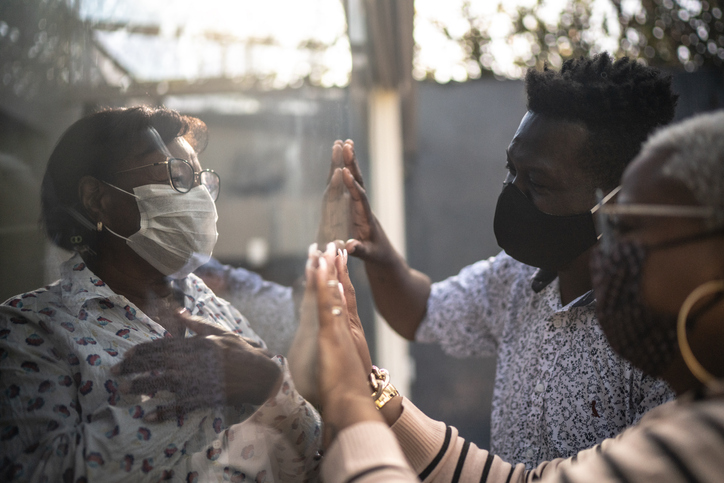In partnership with Einhorn Collaborative, we held a conversation with four luminaries — David Brooks, Jenn Hoos Rothberg, john a. powell and Jacqueline Novogratz — on how we can commit to building a culture of connection, bridging and belonging in our relationships, in our organizations, our communities and across our country.
Here are some insights from that conversation.
- People are distrustful because society and each other have not been trustworthy. Trust is the residue of experience. We’re struggling as a people because we have walls of distrust and animosity. The big difference this year is that we used to be able to pull together in a time of crisis as a social body. One unit that would behave as a one nation in times of crisis. We failed to do that this year, because we failed to form a social body.
- What happens when you leave people alone distrusting, they do what they’re evolutionarily told to do. You revert to tribe, you develop scarcity mindset, you get hostility and you get othering.
- We’re at one of those moments of moral convulsion where culture changes in a fundamental way. We are faced with the challenge of how to rebuild trust. To me, trust is built on both a personal level by open and virtuous, reliable trustworthy behavior to one another, but also built in organizations. Trust is built by small organizations of people tackling common problems.
- Toxic belonging is when my belonging is based on your not belonging, my belonging is based on othering you. This is the great challenge for America. We have this amazing vision of creating a society where all people are created equal in the midst of genocide and enslavement of people. There is a movement in two different directions one of expanding equality and a movement to holding on to slavery and toxic belonging. Both of these impulses are still here today.
- What’s also happening in the United States and around the world is that we are reckoning with what freedom actually is, and that it can’t exist without constraint. Yet we are still having a conversation that is in America that is based on a rather naive definition that is self-serving and not other-serving.
- There are many ways to think about freedom. If it’s just about you, you have unlimited freedom. If you understand that what you do affects others, you don’t have unlimited freedom. But we forget that we don’t live in a binary.
- Even when we are in close proximity to each other, we create distance in our minds that still has an effect on our moral imagination. How do we transcend difference even when we are looking right up close to each other.
- Every society implies an ideal person that needs to live in that society. In a hyper pluralistic society, where there is no dominant majority but radical diversity, social range and social courage is a key trait that encourages the ability to have a pluralistic identity and live a pluralistic life, and the ability to also see across differences and probably to code switch.
If you missed that conversation, you can watch it here.

 "
"
